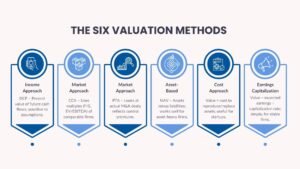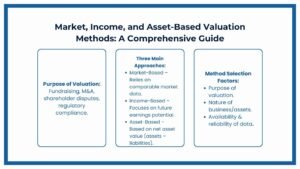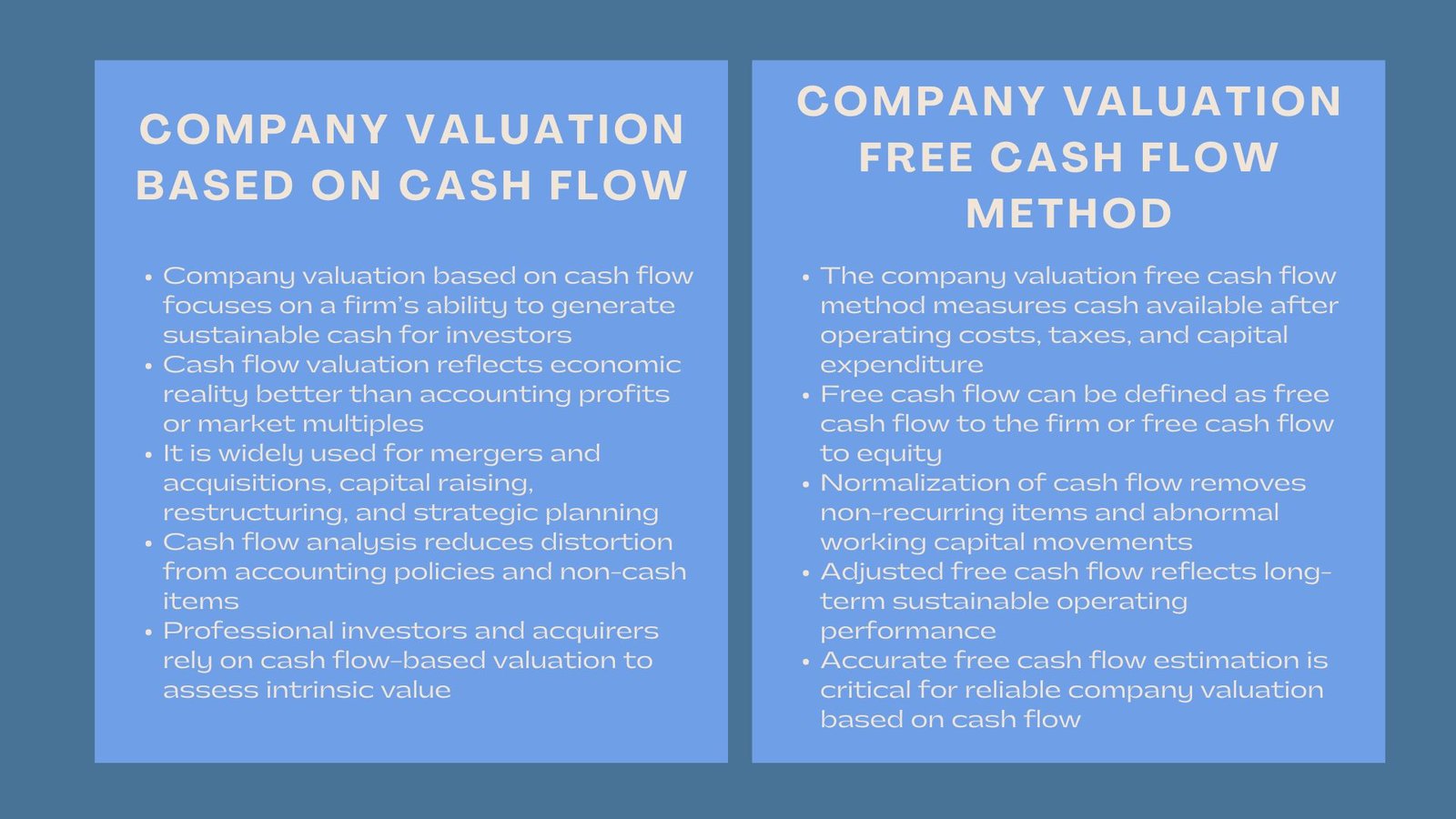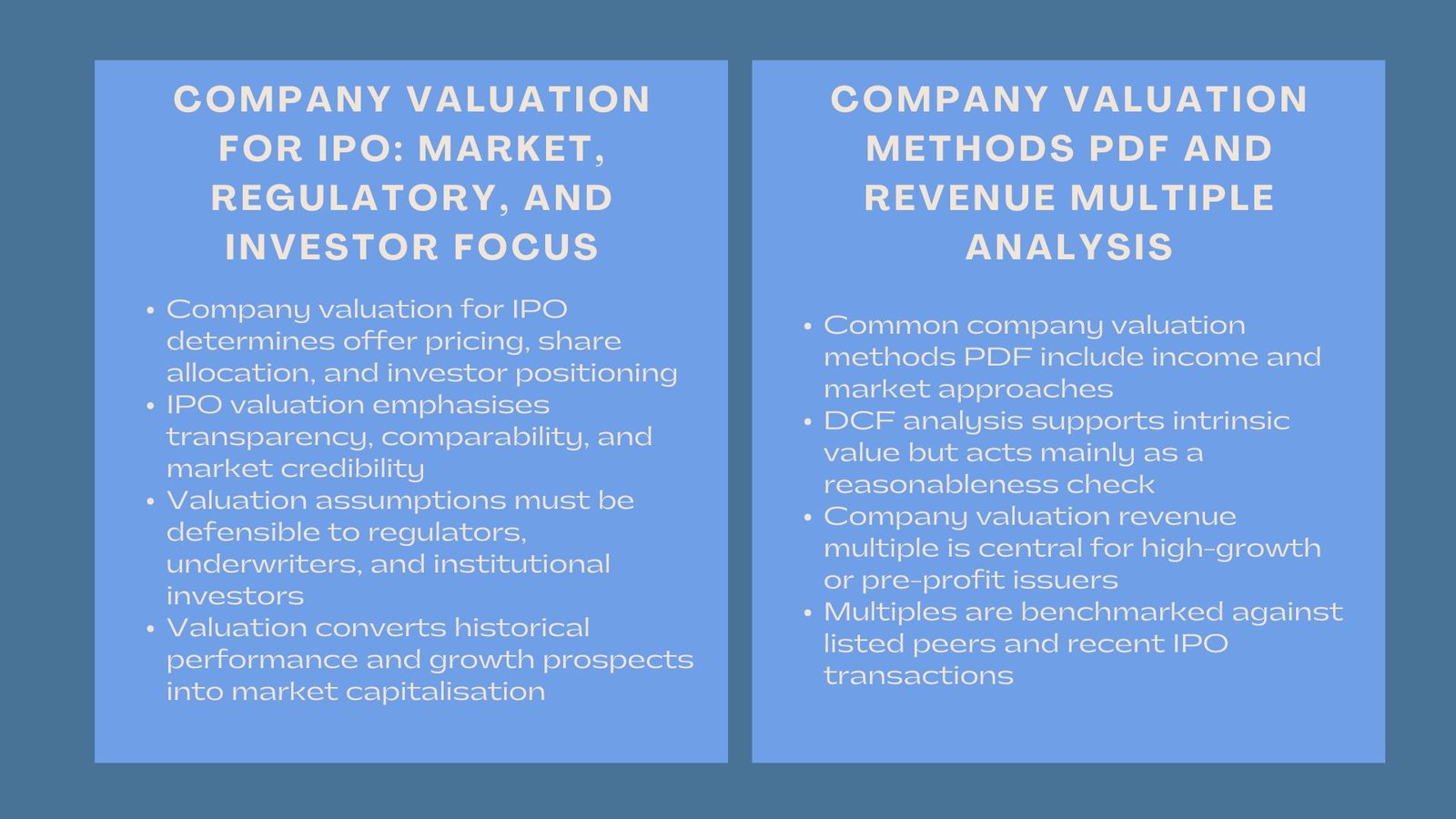
Importance of Valuation Before Selling Company
Importance of Valuation Before Selling Company
Selling a company is one of the most significant decisions a business owner can make. Whether it is a small family-owned enterprise or a large corporation, the process involves more than finding a buyer and agreeing on a price. One of the most critical steps in this journey is conducting a thorough company valuation services in Singapore before starting the sale process. Without a proper understanding of the business’s true worth, owners risk undervaluing their hard work or setting an unrealistic price that deters potential buyers. Valuation is not only about numbers; it is about understanding the company’s position in the market, its financial health, and its future potential.
A professional valuation acts as the foundation for negotiations, ensuring transparency between both parties and increasing the chances of a smooth and successful transaction. It also helps the seller align expectations with market realities and provides clarity for decision-making. In a competitive marketplace where buyers are increasingly sophisticated, entering negotiations without a clear, evidence-based valuation can be a costly mistake. To ensure accuracy, many owners explore how to choose company valuation consultants in Singapore who can provide objective insights. Additionally, a detailed guide to company valuation multiples in Singapore can support business owners in understanding the financial metrics buyers rely on.

Establishing a Realistic Asking Price
One of the most immediate benefits of conducting a valuation before selling a company is determining an accurate asking price. Many business owners are emotionally attached to their companies, which can lead to inflated expectations. Conversely, some owners undervalue their businesses due to uncertainty or a lack of financial analysis. A professional valuation uses recognized methodologies, such as market, income, and asset-based approaches, to provide an unbiased figure supported by factual data.
By setting a price grounded in objective assessment, sellers can avoid prolonged negotiations caused by unrealistic expectations. Buyers are more likely to engage seriously when they see that the asking price is backed by credible evidence, which also builds trust during discussions. Furthermore, a well-justified price can prevent the erosion of perceived value. If a company sits on the market for too long due to overpricing, potential buyers may assume there is something wrong with the business, ultimately forcing the owner to accept a lower price than initially anticipated.
Enhancing Negotiation Power
In any sale process, information is power. Having a clear and professionally prepared valuation report gives the seller a significant advantage during negotiations. The valuation outlines the reasoning behind the company’s worth, supported by historical performance, market trends, and forward-looking projections. This detailed understanding allows the seller to defend their price with confidence, counter low offers effectively, and address buyer concerns with factual evidence rather than assumptions.
Buyers often commission their own valuations or due diligence reports, and discrepancies between the seller’s and buyer’s assessments can lead to disputes. If the seller’s valuation is comprehensive and aligned with market realities, it becomes easier to justify the asking price and narrow the negotiation gap. This can reduce the risk of deals falling through at the final stages, a situation that is often costly and frustrating for all parties involved.
Identifying Value Drivers and Weaknesses
Another critical reason to conduct a valuation before selling is to identify the specific factors that drive the company’s value, as well as any areas that may weaken its market appeal. Valuation professionals examine revenue streams, customer concentration, operational efficiency, market position, intellectual property, and competitive advantages to determine what makes the business attractive to buyers.
Equally important, the process highlights potential red flags such as declining sales, outdated technology, over-reliance on a small customer base, or regulatory compliance issues. Identifying these weaknesses early provides the seller with an opportunity to address them before putting the company on the market. This proactive approach can significantly enhance the final sale price. For example, diversifying the customer portfolio or streamlining operations in advance of the sale can reduce perceived risk for buyers and increase overall valuation.
Supporting Compliance and Due Diligence
The sale of a company, especially in regulated industries or large transactions, often requires extensive due diligence. Buyers, legal advisors, and financial institutions involved in the process will want to see detailed financial records and valuation reports to ensure the deal is fair and compliant with relevant laws and standards. Having a professional valuation in place helps streamline the due diligence process by providing well-documented evidence of the company’s worth.
For businesses operating across borders or in industries subject to specific accounting standards, valuations may need to comply with frameworks such as International Financial Reporting Standards (IFRS) or Generally Accepted Accounting Principles (GAAP). Ensuring compliance not only makes the sale process smoother but also reduces the risk of post-transaction disputes over asset values, goodwill, or liabilities.
Maximizing Sale Value Through Strategic Planning
A valuation conducted well before the sale process begins can act as a strategic planning tool. By understanding the company’s current market value and the factors influencing it, business owners can take targeted actions to enhance the business before selling. This could involve improving profitability, reducing debt, expanding market share, securing long-term contracts, or investing in technology to improve operational efficiency.
Such improvements, when implemented over a period of time, can result in a higher valuation and a stronger bargaining position when negotiations start. Sellers who plan ahead are often able to present a more compelling case to buyers, backed by a recent track record of growth and stability. Strategic planning also allows owners to time the sale for favorable market conditions, further increasing the potential sale price.

Conclusion: Valuation as a Critical Step in Selling Your Company
The decision to sell a company is rarely made lightly, and the financial implications can be significant. Conducting a professional valuation before initiating the sale process ensures that owners approach negotiations with clarity, confidence, and a realistic understanding of what their business is worth. From establishing a fair asking price to enhancing negotiation leverage, identifying value drivers, and ensuring compliance, valuation plays a central role in achieving a successful outcome.
In a marketplace where buyers are increasingly well-informed, entering the sale process without a valuation is akin to navigating without a map. A well-prepared, professionally conducted valuation not only protects the seller’s interests but also increases the likelihood of securing a deal that reflects the true worth of years—often decades—of hard work and dedication. By making valuation the starting point of the selling journey, business owners can maximize returns and ensure that the transition to new ownership is both fair and rewarding.














